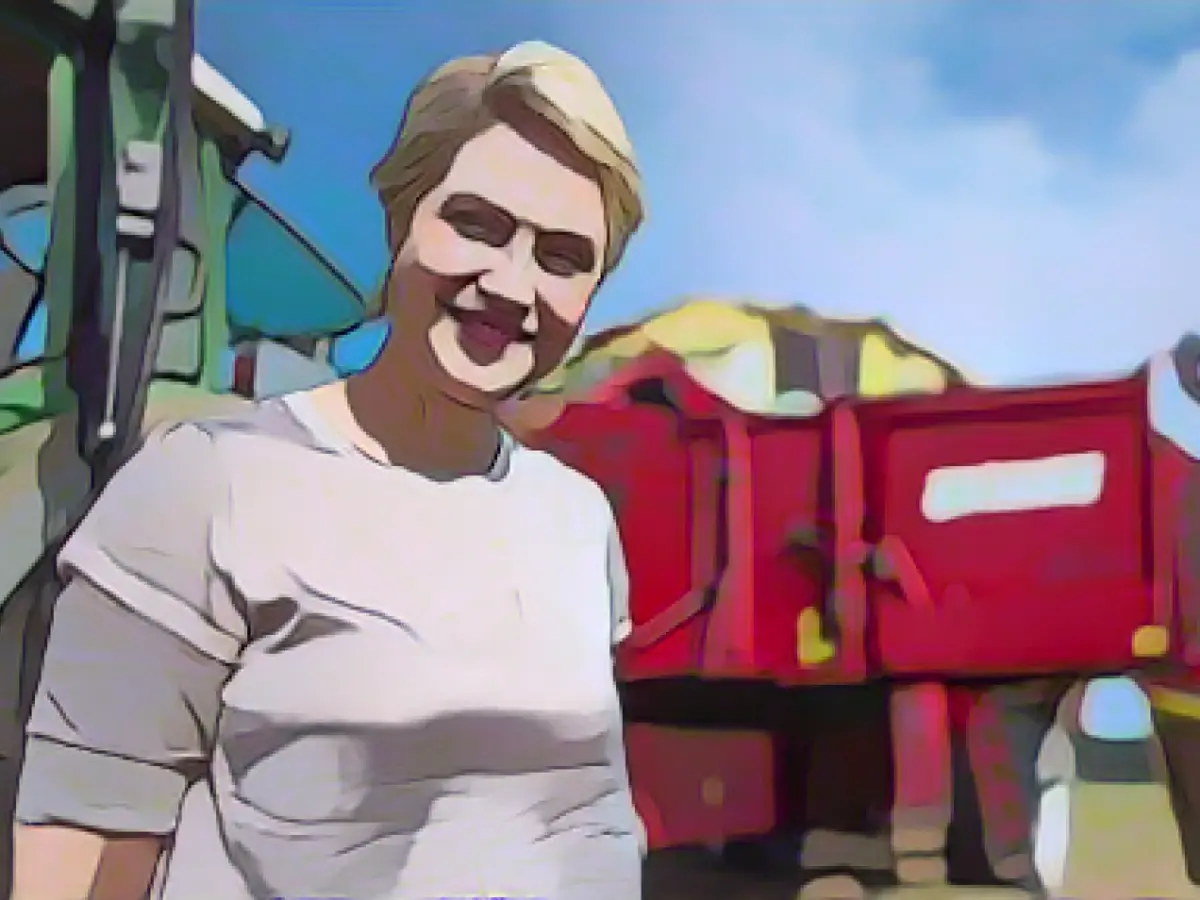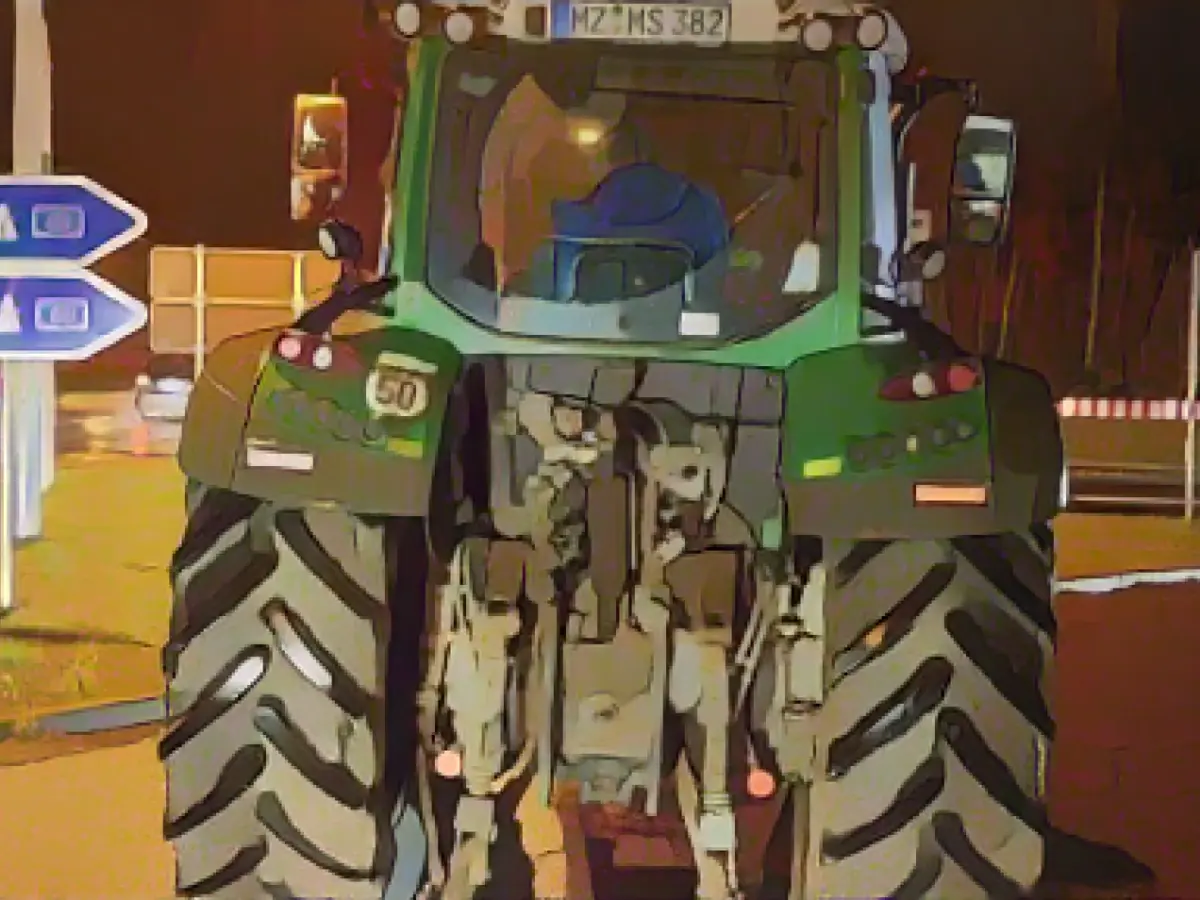Bavaria Stands Firm Against Stricter Cattle Farming Rules
Bavaria wants to challenge the federal government's proposed ban on controversial tethering practices in cattle farming. The State Chancellery Leader, Florian Herrmann (CSU), voiced his criticism at a cabinet meeting, calling the current Animal Welfare Act draft "unacceptable." He argues that it poses a significant threat to Bavaria's dairy farming industry, which consists of numerous medium-sized and smaller farms, whose existence could be at stake with the proposed five-year ban on tethering.
According to Herrmann, tethering is essential for many farms as it serves as their economic backbone. He believes the ban, scheduled for ten years in the coalition agreement, is being pushed forward by five years, undermining the plans established in the agreement. By preventing the ban, Herrmann aims to secure a change with support approaches, rather than resorting to bans.
Bavaria takes issue with the federal government's attempt to impose stricter animal welfare rules without sufficient consideration for the farming industry. The contention centers around loose housing and tethering, both widely used husbandry systems. Tethering, for instance, is utilized on approximately 17,300 dairy farms throughout Germany, making up 35% of the total. Changes to these practices could present substantial challenges for numerous farms due to settlement development constraints.
The Coalition Agreement between the SPD, Greens, and FDP calls for improved welfare for animals. The agreement includes prohibiting tethering, video recordings in slaughterhouses, stricter regulations on interventions like piglet tail docking, and a ban on heavily pregnant sheep and goat slaughter. Regardless of the criticism, the Federal Government will need to face these provisions in the upcoming discussions at the Bundesrat.
Added Insights
The tension between farm prosperity and animal welfare concerns is a well-known challenge in agriculture. Tethering, often seen as an animal welfare concern due to its potential to restrict movement and natural behavior, continues to be a widely used practice among farmers. However, advocates draw attention to its potential economic benefits to farmers.
In Germany, tethered cattle are bound in their stalls for all twelve months of the year. This form of livestock management is practiced on around 17,300 dairy farms, accounting for around 35% of all farms in Germany. A ban on this practice could significantly impact these farms, as they may struggle to comply with new regulations due to development constraints.
Bavaria is not the first region to challenge the federal government's proposed animal welfare measures. Farmers and agricultural organizations in other regions have voiced concerns about the impact the new regulations could have on the industry. Despite the criticism, the German government remains committed to improving animal welfare standards, as outlined in the coalition agreement. For now, the debate carries on, highlighting the complex and delicate balance between animal welfare and agricultural interests.








